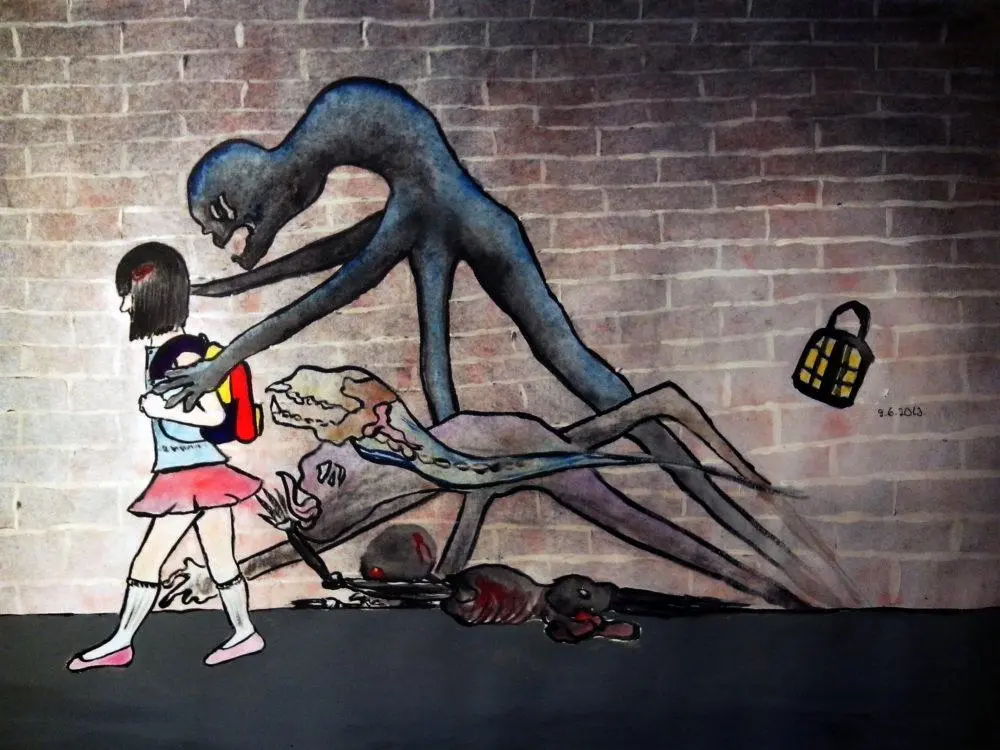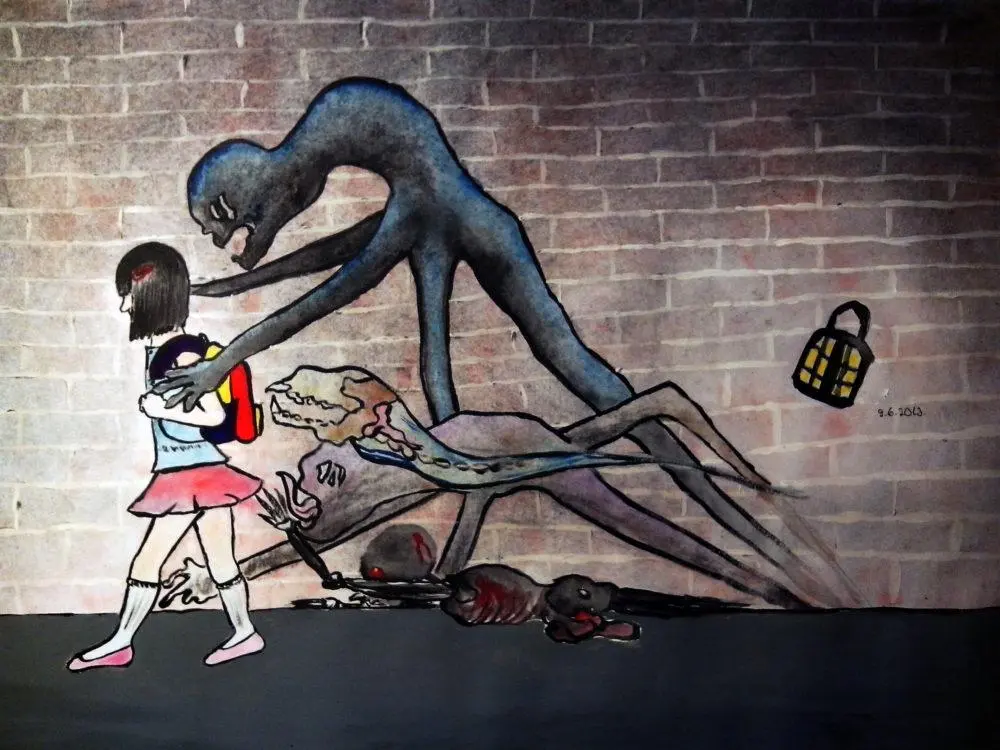Contents
Schizophrenia is a chronic mental illness of biological origin. Most of us are aware of its existence, but our knowledge of it is limited. Patients are often stigmatized, incl. through media that use the term «schizophrenia» in the wrong context and spread false ideas about the disease. As a result, sick people are mistakenly considered «dangerous and unpredictable lunatics».

What is schizophrenia?
Schizophrenia belongs to a group of psychotic disorders with different causes, symptoms and course. A sick person has problems with adequate and consistent perception, experience and perception of reality. He often behaves in a way that is incomprehensible to his environment, loses contact with the outside world and focuses on inner experiences. Due to the difficulty of properly evaluating himself and other people, he may have trouble establishing and maintaining social relationships.
Schizophrenia — the causes of the disease
For many years, scientists have been trying to figure out the etiology of schizophrenia. They developed many theories
on this matter, but so far it has not been possible to identify one specific causative factor that determines the development of the disorder. Schizophrenia is now considered to be a complex and multifactorial disease. Its reasons include the following factors:
- Genetic factorScientists have found that genetic factors influence the etiology of schizophrenia. The risk of developing the disease increases in people related to the patient. This is done by inheriting a specific gene variant. It should be remembered that a predisposition to schizophrenia is not the same as getting sick, because the onset of the disease depends on the interaction of many different factors.
- perinatal factor.Perinatal determinants (eg, viral infections or exposure to maternal toxins) can significantly affect a child’s developing nervous system, increasing the risk of schizophrenia later in life. Complications and trauma that occurred during childbirth (for example, cerebral hypoxia) are an additional factor influencing the occurrence of schizophrenia in the future.
- Environmental factors and stress Environmental factors and emotional stress may contribute to the first episode or recurrence of the disease (especially in genetically predisposed people). Moreover, the disease develops as a result of taking psychoactive substances, violence or growing up in a dysfunctional family.

What are the most characteristic symptoms of schizophrenia?
The name «schizophrenia» itself comes from the Greek schizis — splitting, and phrenos — mind, or splitting of the mind. Personally, I really dislike this name, because it offends and stigmatizes. It was created over 100 years ago, when little was known about the pathogenesis of the disease. In Japan, the name schizophrenia was replaced by the term «disintegrative disease» several years ago, which more accurately reflects its specificity.
In schizophrenia, we are dealing with the collapse of mental functions — perception, thinking, emotions and personality. Every healthy brain works in harmony — we don’t see things that aren’t there, and even if something seems temporary to us, we correct it with our mind (for example, that it’s just the noise of a tree or reflected light, etc.), our thoughts are consistent , we use logic, our emotional states are a reflection of our momentary thinking or situation (when we talk about sad things, we are sad, and so on), personality (temperament, set of character traits) remains the same every day. All these processes are interconnected, because our brain integrates them, combines them into a single whole, thanks to which we can realize ourselves in life, pursue certain goals.









